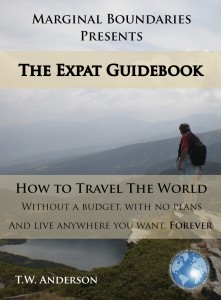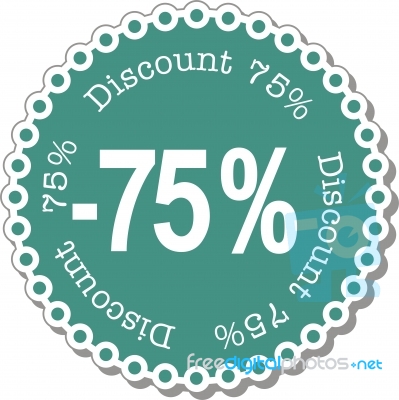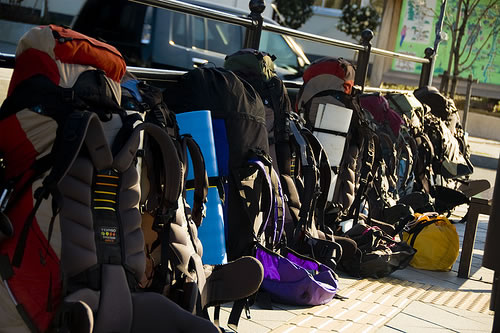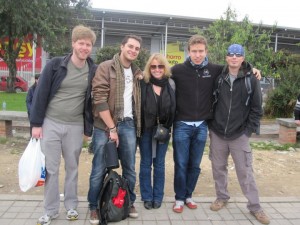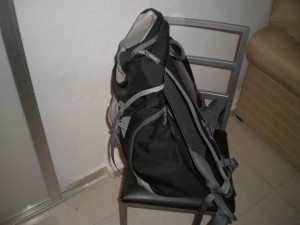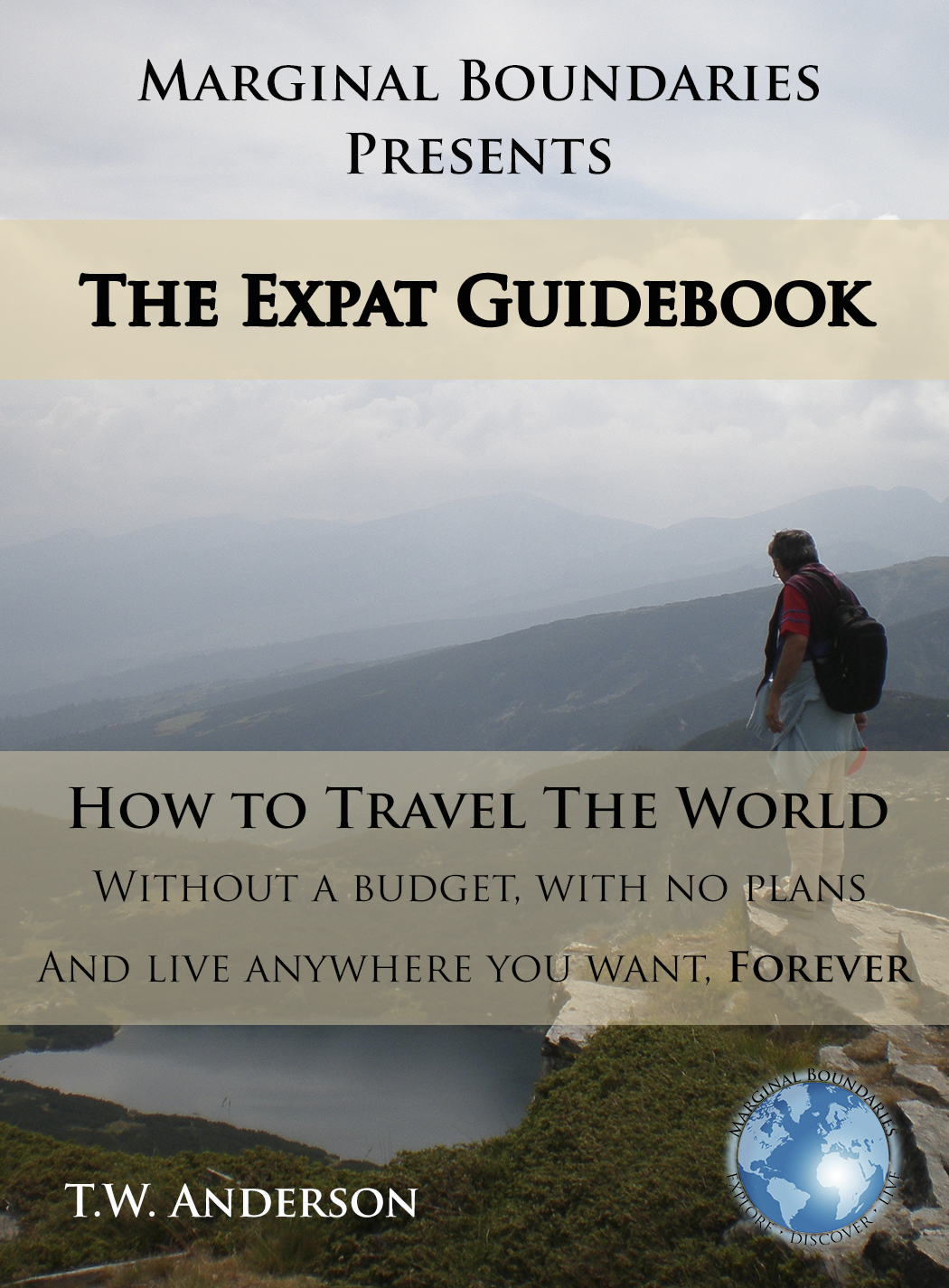
The Expat Lifestyle – The Art of Negotiation
Posted by T.W. Anderson | Live Like a Local, Negotiation, Quality of Life, Traveling Tips | No CommentsIn the previous two segments we talked about the reality of discounts when pursuing a life of continual travel or expatriatism, and the basics of negotiation and being sure to educate yourself on local rates the moment you set down on the ground through some simple, baby steps. This post takes it a step further, as we delve into the actual art of negotiation.
I mentioned in the previous episode that negotiation is a skill, just like riding a bike or playing a musical instrument. It’s something that anyone can do, given the time to practice and the knowledge to utilize. It is a combination of charisma, local knowledge, people skills and the ability to manipulate words to your advantage.
Language immersion is key if you want to get the best deals, and it is just as much a part of successful negotiation as knowledge itself. If you are living or traveling in the middle of North Korea, it’s not going to do you a bit of good to try speaking English or French or German with the locals at the fish market or the produce market, or trying to buy a pair of jeans in some back-alley flea market. The local people aren’t going to understand what you are trying to say, and thus you will not be able to negotiate beyond pointing at someone and miming two for one and trying to baby-talk your way through a bartering scenario.
To put it bluntly, you’ll fail right out of the gate if you try to use your native tongue when negotiating for the best local deals. The only way to truly get the best prices is to meet the locals on their own level. Show them respect, and they will be more inclined to respect you in return.
But it goes beyond simply speaking to them in their native tongue. Bartering is, as previously mentioned, an art form. A skill. Something that takes time and practice to master. And even when you are a veteran barterer you will not win every negotiation, because there are those out there who will be better at the art than you.
In a market setting, the first thing you do is you research. Let’s say you walk into a shop that has a really cool bag that you like. You check the price, you look around, and then you leave. You never start off negotiations on your first visit into a merchant’s shop. Check things out first, then leave and go to the next merchant and check their wares and prices. You find other people in the same market selling bags and you look at the selection. You make notes, either mentally or on paper or in your cell or tablet or whatever.
Then, after you’ve spent an hour or so browsing the various wares and you have enough knowledge, you can go back to the merchant who has your favorite bag and you can start bartering. Firstly, you know the rates of the competition, so you have a ballpark figure to shoot for, and since you asked around beforehand in regards to the acceptable local rates of negotiation, you are ready to begin.
Start off with a line about how you really like the bag, and the color and the pattern, but the guy over there is willing to give it to you for X, where X is your starting bargaining point. Would this merchant be willing to match the other merchant’s price?
The merchant is either going to say yes, he’ll counter, or he’ll say no. So you have a 66% chance that the dialogue is going to be in your favor in that he’ll either say yes or he’ll be willing to negotiate on his price, which means you have nothing to lose by trying. If he says no you can either bite the bullet and pay his full price, or you go to your B list.
One of my favorites is to use the old “Brother/sister, please!” line when I’m opening a dialogue with someone. Let’s say I walk into a local shop and I want to buy an umbrella that is listed for 10 USD. I know for a fact that I can get it for around four USD if I buy from one of the street vendors just two blocks down, but they didn’t have it in the color I want, and this guy does. Plus his is slightly larger, which means I’ll probably have to pay a little more. So when I ask the price and the merchant responds with his ten dollar quote, my reply is to give the friendly, “Brother/sister, please,” with a little purse of the lips and a shake of the head, like “wow, really?”
After that, I’ll look around the shop for a bit, check out a couple of more wares, and then I’ll simply tell the merchant that I’ll give him five dollars (or the local equivalent), which is slightly more than what I would pay from the guy a couple of blocks down, but it’s also a slightly larger umbrella.
Now, the merchant has a choice at this point. He already knows what the guy outside is charging. He’ll either play ball or he won’t. If he plays ball, he’ll counter with something like seven, and then I wrinkle my forehead and give a huge sigh and tell him I really like the color black, which he has but the other guy doesn’t….pause, bite my lip, make him think that I’m thinking about it…then offer him six. He agrees and I walk away with my new umbrella. Or he says no and I head out and buy a slightly smaller umbrella from the guy down the street who I won’t bother negotiating with since I know his rates are cheapest in the whole area.
Theatrics also play a large part in negotiating. It’s part of the art. And there’s various forms of theatrics. In this case, I played the “hey, buddy, cut me a deal here” type of theatrics. But there’s also the shrewd bargainer without the jokes, such as being in an outdoor market and seeing a certain hand-crafted necklace I like, but the merchant is asking double what the other merchants are selling for after I’ve had a chance to look around a bit. But since he also has a couple of different earring sets I really like that I think my girlfriend/sister/mother/etc. would enjoy, I do some quick math in my head and just point blank ask if he’ll take X dollars/pesos/whatever for two pairs of earrings + a necklace + a ring. I offer him 30% below what he’s asking on each individual item, but since I’m buying bulk, he’s selling more. He’ll either counter and I’ll accept, or he’ll decline, and I’ll walk away.
Cash and your signature can also go a long way to affirming a better deal when it comes to accommodations. While a local person might be asking $600 a month (or the local equivalent) for their fully furnished, two-bedroom condo with all the utilities included, I always try to sweeten the deal when I’m negotiating for a place to stay. Because I always tend to rent for three to six months at a minimum, I don’t have a problem paying two or three month’s of rent up front if I like what I see and I think it’s going to be a place that I’ll enjoying staying in.
Of course I’ll have done my research by this point…looked over the property, talked with the neighbors about the landlords, asked around about previous tenants and the like (all in the local language since English would have gotten me nowhere), and when I have a meeting about the actual paperwork I’ll get down to business. Look, I really like your place, and here’s how much: I’ll give you three months of cash up-front and I’ll sign a six month lease if you’ll drop your price to $400 per month. Or $450. Whatever I think is a fare rate given what I know about the local environment from having asked around as to what is the acceptable negotiation rate.
The landlord/managers will either go for it or they won’t. Now, with me, I usually have two or three apartments lined up before I make a selection regarding a single one and go to make an offer, that way I can simply move on to the next one if I don’t get the offer that I want from the first person. The only time I ever pay face value for a property is if really, really like it and it’s in the perfect location with the perfect everything and I think it’s worth the money. But that’s pretty rare; I almost always negotiate.
These are just a handful of little things that I’ve used to my advantage over the years to get the best deals on the local level. Of course, none of these things would have been possible if I was trying to talk in English, because the local merchants at these markets don’t necessarily speak English. Plus there’s that whole respect factor. It’s buttering people up. It’s making them more amicable to negotiating in the first place. It’s just like gift-giving in Japan; you show your business partner that you respect him/her, and they are more likely to give you the same respect in return.
Don’t forget to sign up for our free newsletter for several-times-a-week, your-eyes-only travel and entrepreneur tips, plus receive a complimentary copy of our 85-page starter book on location independence and living abroad, 30 Ways in 30 Days.

